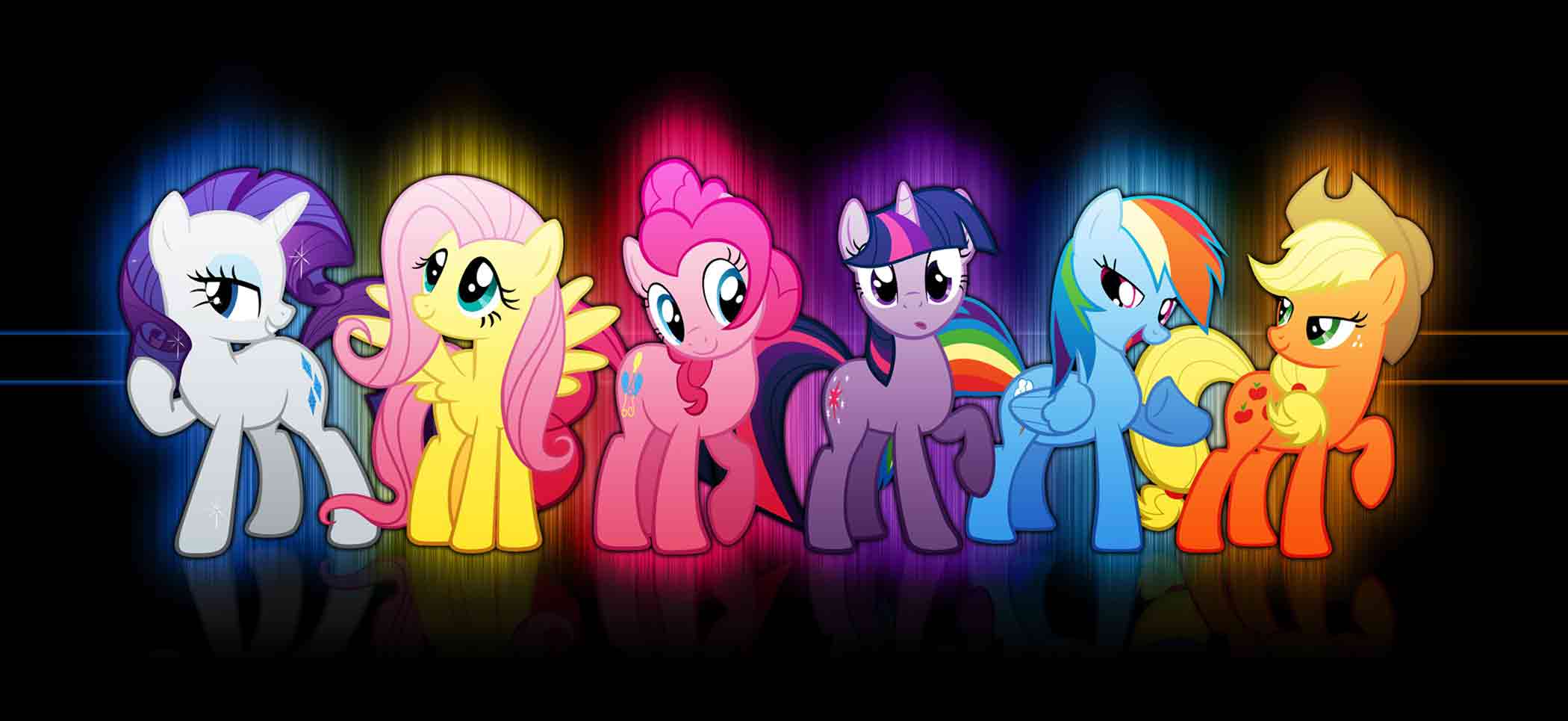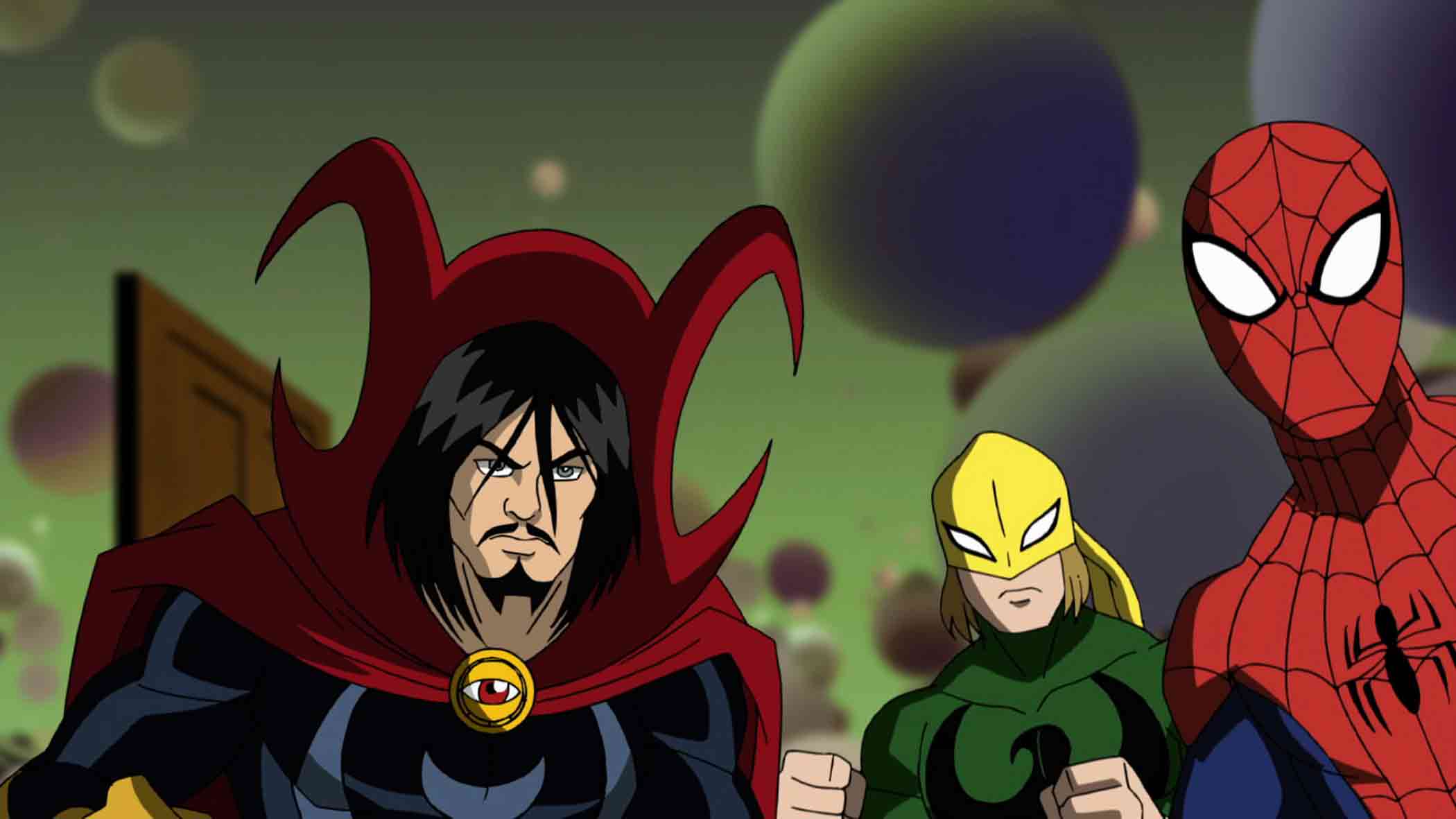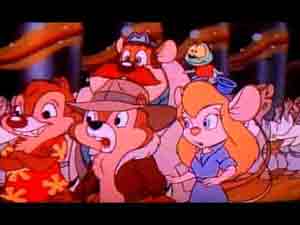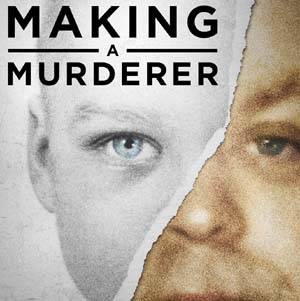
On February 11, 2011, children the world over gathered about their television sets to watch a new episode of the smash hit cartoon My Little Pony: Friendship Is Magic. On this particular program, one of the ponies manifests the ability to predict the future and Twilight Sparkle, the show's resident rational positivist, sets out to debunk the phenomenon. What follows is that she is physically and intellectually humiliated at every possible turn of the process, resulting in a climatic breakdown in which she finally rejects her own role as a rational observer and declares that, "I now realize there are wonderful things in this world you just can't explain, but that doesn't necessarily make them any less true. It just means you have to choose to believe in them."
That's right, "HAVE to choose to believe." The compulsion to surrender your reason masquerading as a quaint choice. A minor uproar ensued and Lauren Faust, the show's creator and head writer, backpedaled from the issue, declaring that she "would have revised" the episode had she known it would bother people, and that she was disappointed that the ruckus was ruining what she considered "one of our funniest episodes."
I'm not sure how repeatedly pummelling a character who is trying to use her reason and mind to discover more about the workings of the world counts as tremendously funny, but apparently it is, particularly if you're part of the majority of the population who have never been bullied or made fun of for an interest in science. In that case, I imagine it's a tremendous laugh watching the poor nerd Really Get It for daring to doubt what everybody else has always believed.
The really frustrating part about the entire affair is that, aside from this episode, My Little Pony is a quite great show – witty and insightful from nose to tail. I have watched every other episode at least four times with my kids and love them all. What caused such a good show to turn so dark?

It turns out, it's a relatively common phenomenon in the cartoon world – a bad consciousness that rears its head whenever an episode calls for science to confront the mystical. On July 8, 2012, an episode of Ultimate Spider-Man featured Spider-Man teaming up with two mystical super heroes, Iron Fist and Dr Strange. Again, Spider-Man cartoons and comics are generally as pro-reason as they come, but for this episode the writers opted to take Spidey down the exact same road of abasement-motivated belief that Twilight Sparkle went through. At the beginning of the episode, Spider-Man clearly declares that, "Anything that looks like magic is just science we don't understand yet."
And then the humiliation begins – Iron Fist and Dr Strange mock him for his narrow-
minded views, even wheeling out the old Shakespearean chestnut, "There are greater things in Heaven and Earth than are dreamt of in your philosophy." Finally, he is ordered to, "Close your mouth and open your mind" and the episode veers off into the realm of nightmares, where Spider Man can only save the day by conceding the reality of sorcery. He introduces Dr Strange as the true Sorcerer Supreme rather than the charlatan he had taken him for previously, and the nightmares are beaten back. The message for a wee little science geek watching at home? If everybody around you says that something is true, you better say it too, or the bad guys are going to win.
And it goes on from there. Avengers: Earth's Mightiest Heroes rolled out an episode on May 15, 2011 in which Thor repeatedly attacks Tony Stark for his belief in science, and the final battle is only won when Stark concedes that he cannot win with reason and technology alone. In the 2002 episode "The Phantom of Retroland" of The Adventures of Jimmy Neutron: Boy Genius, Jimmy's skepticism about ghosts is brought crashing down when it is revealed that the phantom of the local amusement park is quite real. "Jimmy, what about science?!" his friend asks in despair as they are running away from the specter. "Science Schmience, RUN!" Jimmy replies, and the episode ends.

A perusal of the dates mentioned so far shows that this compulsion to Convert The Sceptic in cartoon format is a relatively recent phenomenon. I am by no means an expert in cartoon history, but I watched a LOT of them in my divorced-parent low-supervision youth, and recall only ever feeling supported in my identity as a pro-science non-believer. I remember "The Case of the Cola Cult", an episode of Chip and Dale's Rescue Rangers in which Gadget, the engineer, doubts herself in the face of a religious cult built around cola worship (how Disney let that through I'll never know), only to emerge triumphant in a blaze of scientific know-how at the end.
I remember the Real Ghostbusters episode in which Albert Einstein materialised from a dream of nerd icon Egon Spengler and, with the words, "Just try your best. Use your mind. You'll find a solution", encouraged Winston to figure out his own way to beating the episode's Big Bad. And at the end of cartoon hour stood Beakman and Bill Nye to drive home the idea that reserving belief until evidence has been gathered is no shame.
So, what happened between then and now? Certainly, relativism of the Quine and Rorty stripe bears its fair share of the blame. Today's writers came up through an American university system positively dripping with the insights of the relativists. Rather than viewing the sceptic as a champion of free thought, these philosophers and their less subtle popularisers viewed them as suspicious characters with an unhealthy, phallic fixation upon vexing things like standards of argumentation and evidence. They argued vehemently that using thought and the scientific method was just one road to truth, no more or less important than coming to it through inspiration or tradition or community consensus.
It's a dangerous, sexy view – I was drawn to it myself in my college days – and far more attractive for a self-styled up-and-coming writer than the relatively mundane methods of sceptical inquiry. Little wonder then that, the reigns of our children's imagination placed into its hands, this generation of writers struggles so hard with not compelling its most promising sceptical heroes to submit to whatever anybody else around them happens to believe.
There are more scientifically-engaged, non-religious children out there than ever, and they deserve their heroes too. They deserve to feel that their approach to the world is good and decent, and they certainly do not deserve to be made to feel like closed-minded monsters simply because they want the ability to think for themselves.
Time will heal many of these wounds. The over-enthusiastic adoption of relativism as the primary means of cultural analysis and production is winding down under the more balanced and nuanced analyses of Christopher Norris, Andrew Pickering, and others whose influence is beginning to be felt on campuses the country over. In 20 years time, I suspect that our children's children will have precisely the heroes they need to do the outstanding things they are destined to do. And in the meantime, our own kids can always curl up with "The Case of the Cola Cult", some VHS episodes of Mr. Wizard, and the homespun wisdom of Lester the Rat.

